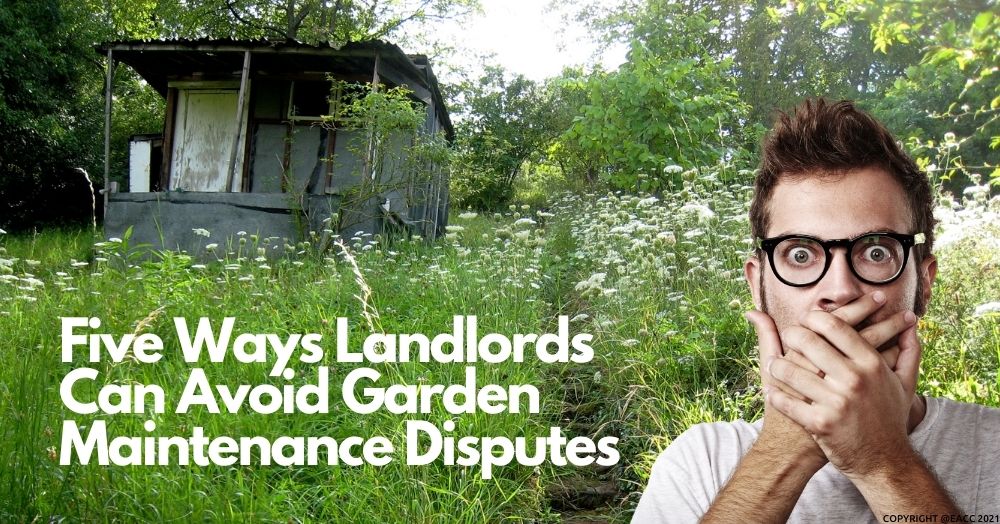Five Ways SE18/SE28 Landlords Can Avoid Garden Maintenance Disputes
In this three-minute read, we look at who is responsible for maintaining the garden at a rental property.
The most significant property trend to emerge from the pandemic has been the surge in demand – from buyers and renters – for properties with gardens.
The race for space is undoubtedly good news for landlords marketing properties with a garden, balcony, or courtyard.
And it’s not just easier to rent out a property with a garden; it’s more lucrative, too. New research shows renters are willing to pay on average 25% more for a home with a garden*.
But letting a garden property isn’t always a bed of roses (see what we did there?); almost a quarter of all deposit disputes are over garden maintenance**.
Often, the cause of tension is confusion over who is responsible for what when it comes to maintaining outdoor spaces.
This all should be spelled out in the contract, but generally speaking, the tenant should keep the garden in good condition and return it in the same state it was in at the start of the tenancy. Jobs that fall under the tenant’s remit include weeding, watering, and removing litter.
The landlord is responsible for tasks that require expertise, such as lopping off tree branches, fixing broken fences, and any other structural work.
Here are a few ways landlords can safeguard themselves from getting dragged into a garden dispute.
- Lay the groundwork
Ensure that the garden is in good condition before you rent out the property. Plant low maintenance shrubs, sort out uneven paving stones, and get rid of that rickety old shed.
- Outline responsibilities
Explain (in person and in writing) what you expect from the tenant and what they can expect from you.
- Keep records
Often landlords diligently record the condition of the fixtures and fittings of the property’s interior but make little or no mention of the exterior. Check-in and check-out reports should detail the condition of the garden with photographs and descriptions.
Regular inspections
When you carry out a property inspection during a tenancy, don’t forget to look at the garden. Document its condition (photographs are a must), and if any issues are apparent, ask the tenant to rectify them.
- Be flexible
A tenant is not allowed to make changes to the garden without the landlord’s permission. But if they ask to plant a veggie patch or add some more plants, be flexible. If your tenant is reliable and responsible, allowing them to create the garden of their dreams will encourage them to stay long term. Always clarify any agreed changes in writing beforehand.
If you have any questions about tenant/landlord responsibilities, get in touch with us here at Hi Residential.*Analysis carried out by Paving Direct, based on the average price of renting a three-bed home in cities across the country on Rightmove. Read the full report: https://bit.ly/3gyOJEj** Data from The Dispute Service. Figures cover the year up to March 2020.






